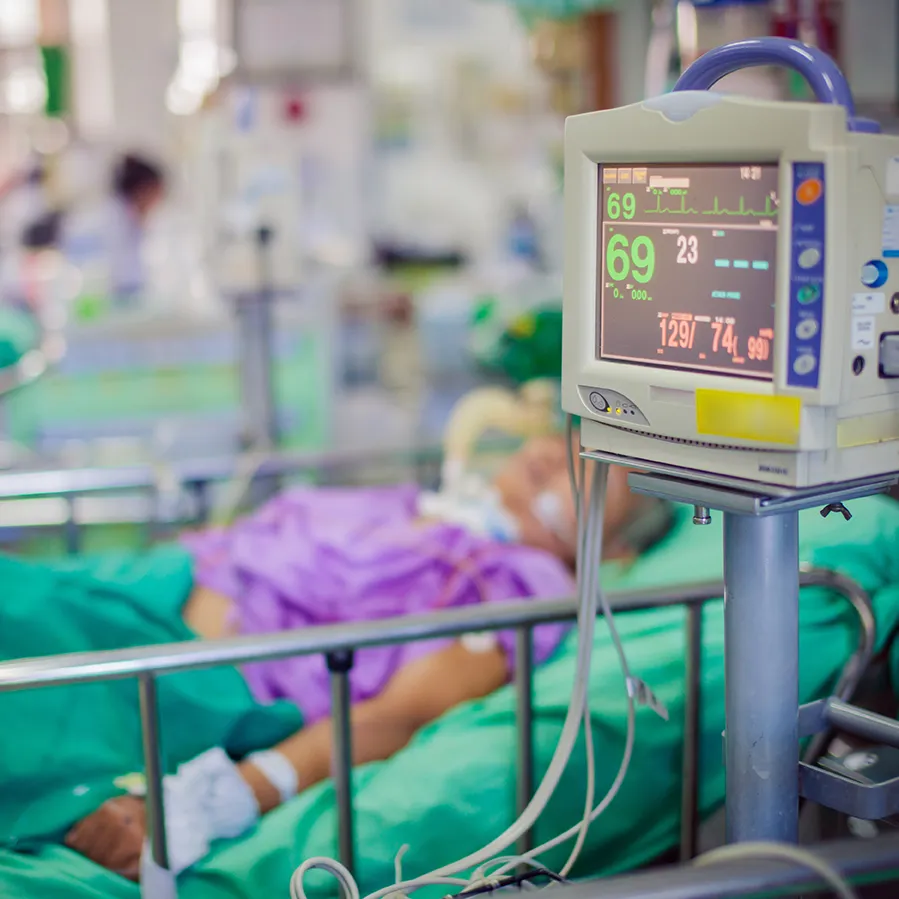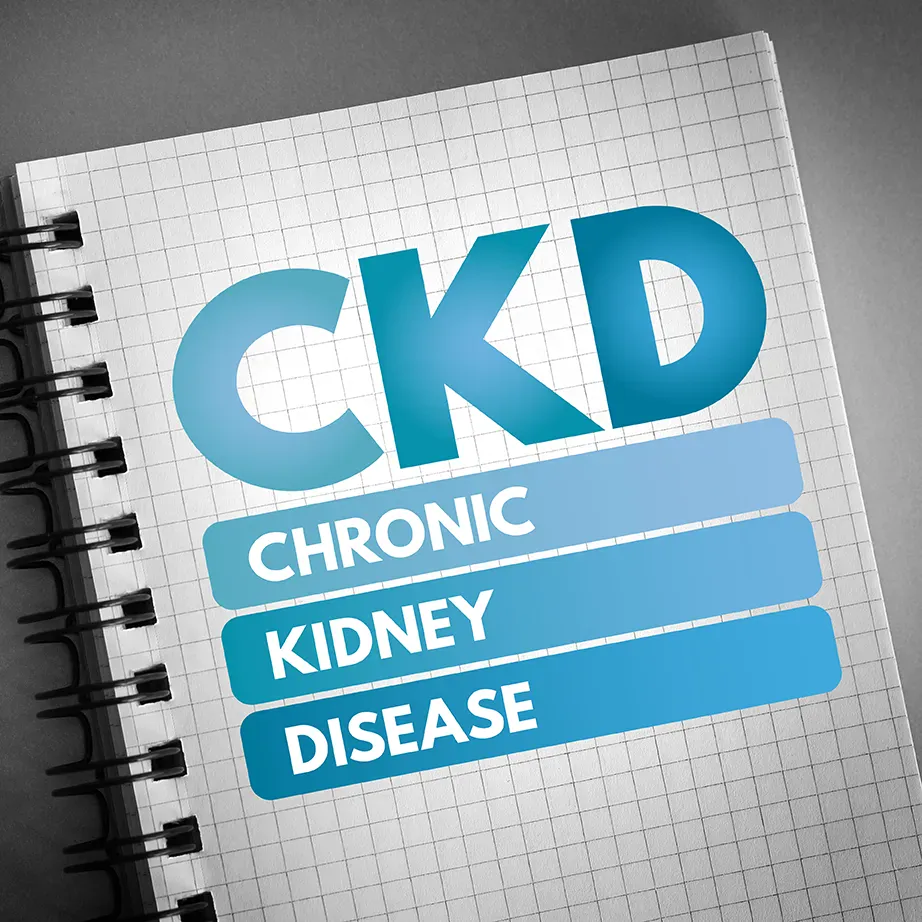Hey there! Welcome!
Get updated on
Select Speciality
Top Picks
7 May, 25 ESMID
ESMID
The session emphasized the comparable effectiveness of oral antibiotics vs. IV therapy in treating osteomyelitis, bacteremia, and endocarditis—offering lower risks of complications. Antimicrobial de-escalation from broad- to narrow-spectrum antibiotics, especially in ICU, sepsis, pneumonia & bacteremia cases, showed similar cure rates while reducing resistance, toxicity and promoting safer, targeted antibiotic use.
2 May, 25 ESCMID 2025
ESCMID 2025
Biofilm-associated infections persist due to factors like dormant cells and altered environments. Strategies include prevention, disruption, and immune modulation. Early antibiotic response is crucial, as biofilms are more vulnerable before maturation. Hyperbaric oxygen therapy (HBOT) enhances antibiotic efficacy in chronic wounds and infective endocarditis. HBOT requires further trials for clinical use.
9 May, 25 Front Neurol.
Front Neurol.
A long-term study of 7,212 adults found that those with both obesity and low insulin sensitivity faced double the risk of new-onset stroke. Over 7 years, 8.14% had a stroke. While high BMI and low estimated glucose disposal rate (eGDR) independently raise stroke risk, their synergistic effect was most detrimental (HR 2.63). Findings highlight the need to address obesity and insulin resistance to prevent stroke.
9 May, 25 JAMA Dermatol.
JAMA Dermatol.
The ARRECTOR phase 3 trial confirmed the efficacy of roflumilast foam (0.3%) for scalp & body psoriasis. At 8 weeks, a significantly greater proportion of patients achieved scalp-IGA & body-IGA success with roflumilast compared to the vehicle group (66.4% vs. 27.8% and 45.5% vs. 20.1%, resp.). The treatment also showed greater improvements in PASI-75 & PSSI-75 scores (50.1% vs. 16.8%), with low adverse event rates.
9 May, 25 Int J Urol.
Int J Urol.
Recent evidence uncovered a significant link between sarcopenia and overactive bladder (OAB) in seniors (aged ≥65). Sarcopenia was more prevalent in those with OAB (20.0% vs. 8.7%), who also showed higher SARC-F scores. Seniors with both conditions faced greater risks of nocturia, urgency urinary incontinence & falls. Key sarcopenia predictors included OAB (OR 2.59), female sex (1.28), and higher OABSS score (1.23).
9 May, 25 Respir Med.
Respir Med.
Salbutamol via pressurized metered dose inhalers (pMDI) with a holding chamber matched nebulization in efficacy for mild to moderate asthma exacerbations in children. Younger children (<6 years) on pMDI had higher hospital discharge rates (98.1% vs. 76.9%), fewer hospitalizations, shorter emergency department stays (1.7 vs. 4.0 hours) & lower medication doses (salbutamol 0.10 vs. 0.81mg/kg), with fewer side effects.
9 May, 25
Featured

29 Apr, 25

28 Apr, 25

28 Apr, 25



















